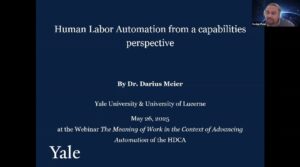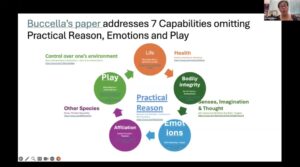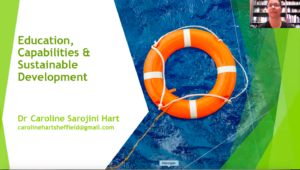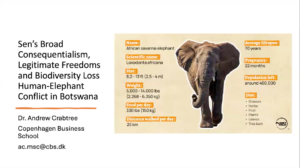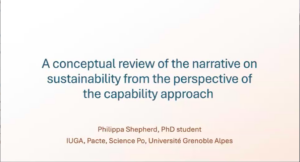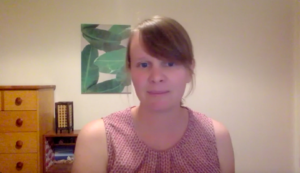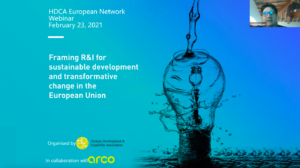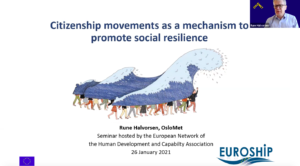Speaker: Philippa Shepherd, a doctoral student at Université Grenoble Alpes, France, is doing research on the vulnerability and resilience of work capability in the French Alps amidst the challenges of climate change.
Many scholars have explored, critiqued, and developed upon the integration of the notion of sustainability within capability theory. Being human-centred, the capability approach emphasises human flourishing, dignity, equity, and justice issues with regard to sustainability, bringing to the fore the human in sustainable human development. However, scholars have highlighted theoretical discord between the two development paradigms, drawing attention to the underlying individualism of the capability approach and the understated role of the environment and nature in generating and safeguarding people’s capabilities. The sustainability-capability narrative has thus resulted in expansions of capability theory making explicit the environmental dimension and the notion of collective capability. In this presentation, Philippa explores some seminal papers illustrating the conceptual compatibility (or not) between sustainable development and the capability approach.
HDCA Webinar 2024 European Network HDCA Videos
